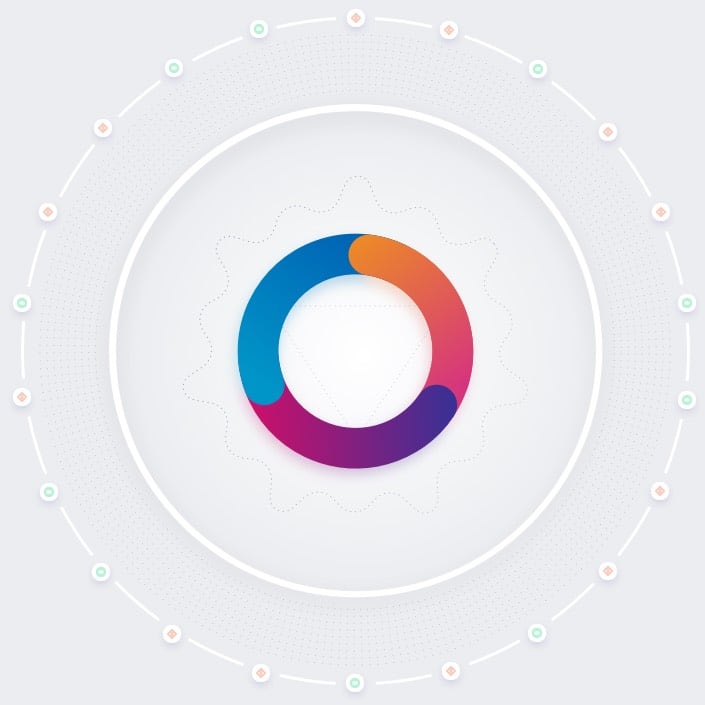NEWS
CINDE Leads Program to Promote STEAM Areas in Female Students
- The Women in Engineering Projects in Community Service is led by CINDE with the Arizona State University, the United States Embassy in Costa Rica, and the Ministry of Education.
- Seventy-eight students and eight teachers were part of the pilot plan in zones like Sixaola, Nicoya, Grecia, and Turrialba.
San José, Costa Rica. January 26, 2021. By 2030, the world will have a greater demand for knowledge skills such as creativity, critical thinking, decision-making, and complex data processing; this need will increase 19% in the United States and 14% in Europe, according to a study by the McKinsey Global Institute.
The pandemic has reinforced a more virtualized world. The STEAM disciplines (Science, Technology, Engineering, Arts, and Math) are key to meeting the needs of the labor market. That is why a pilot plan was carried out virtually, last year, in 6 high schools outside the Greater Metropolitan Area to promote these disciplines, especially with female students: The Women in Engineering Projects in Community Service program or Women in EPICS.
The project is led by CINDE, Arizona State University (ASU), the United States Embassy in Costa Rica, and the Ministry of Education (MEP).
“The initiative plans to increase the participation of more women in STEAM areas, which are key disciplines in the labor market. We applaud that the project was implemented in regions outside the Greater Metropolitan Area as part of the efforts to share this knowledge throughout the country,” said Vanessa Gibson, Director of Investment Climate at CINDE.
Mario Fung, MEP National Guidance Adviser, added, “Women in EPICS has an active methodology that allows teachers to involve and motivate students in their community life by creating, designing, and prototyping solutions to a problem or needs of their community. Likewise, the training allows teachers to stimulate and promote more STEAM occupations in their vocational projects so that students are more informed about those careers that can contribute to solving real problems.”
The project. The first edition of Women in EPICS brought together students from 6 schools in rural areas such as Sixaola, Turrialba, San Ramón, Puntarenas, and Nicoya. Eight teachers were previously trained by experts from ASU in training methodologies in STEAM areas.
The teachers guided the students who, in a final competition, demonstrated their knowledge in design, construction, and prototyping aligned with a community problem. For example, one of the projects was to provide a better life quality for the elderly, and another one designed products to provide sustainable solutions for the environment.
Michael Ureña, a teacher at the Santa Teresita High School, in Turrialba, said: “The Women in EPICS 2020 project committed us to overcome limitations and for students to contextualize their knowledge. They understood problems and thought of real solutions within their reach. It also led us to see the fundamental role of creativity in an environment in need of solutions. In 2021, the Liceo Santa Teresita will promote spaces that promote STEAM areas, since these projects and this line of work benefit the entire educational and civil community. We appreciate the support and guidance in this process.”
The teams were led by female students and had the close collaboration of the multinational companies Boston Scientific, Edwards Lifesciences, Fiserv, Hewlett Packard Enterprise, Tek Experts and Sykes. P&G and Tegra Medical also joined the virtual trainings.
Laura Michelle Álvarez, a student at the Santa Teresita High School, said: "It inspired me a lot because I wanted to learn more about engineering, I wanted to help my community and interact with my classmates."
The goal for 2021 is to replicate the project with a greater reach from the Ministry of Public Education and the United States Embassy in Costa Rica.
Participating High-Schools:
- Liceo León Cortes Castro, Grecia
- Liceo de Sixaola, Sixaola
- Liceo de Nicoya, Nicoya
- Liceo de Santa Teresita, Turrialba
- Colegio Técnico Profesional de Mercedes Norte, Heredia
- Liceo El Carmen de Biolley, Puntarenas







